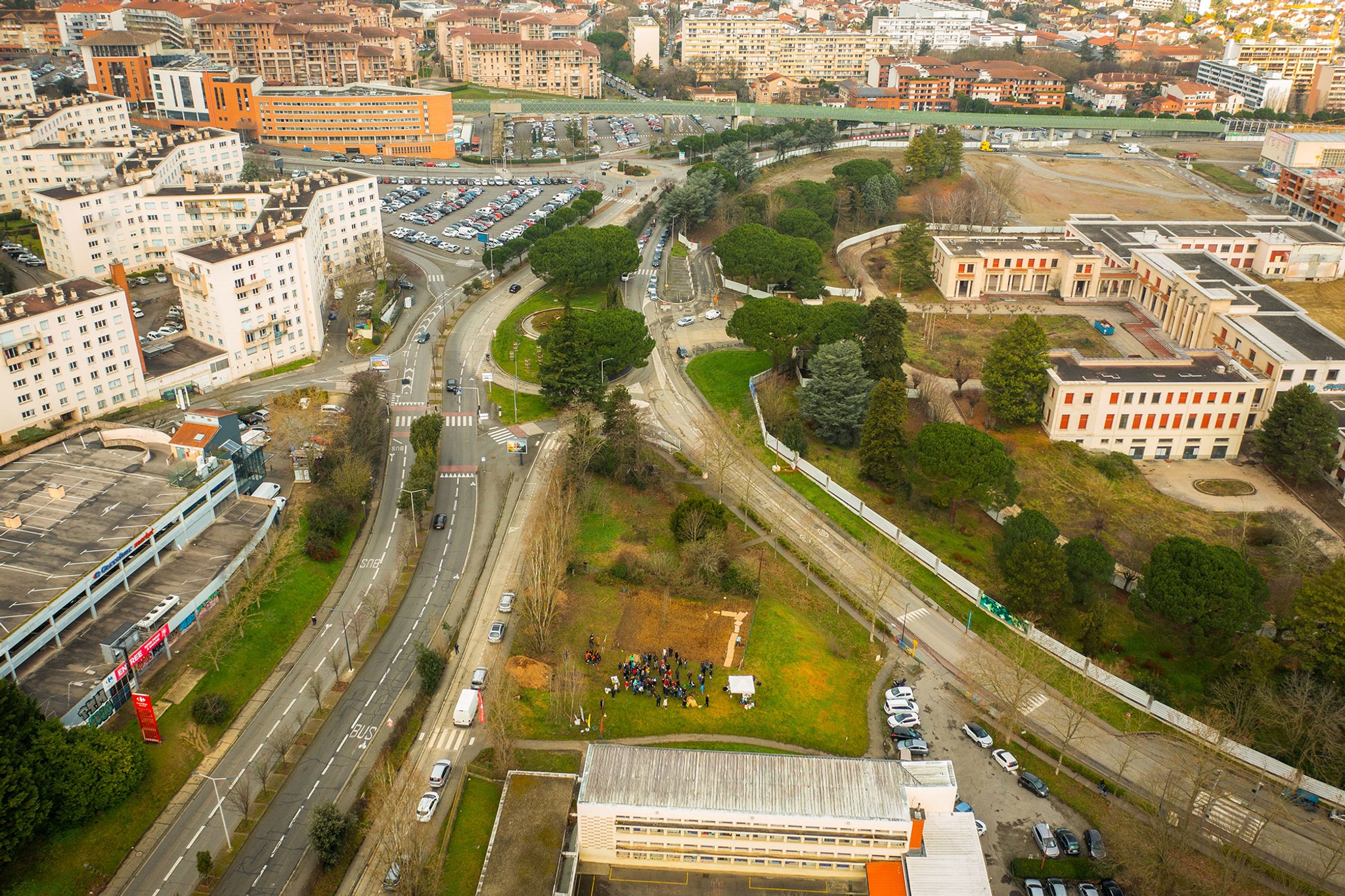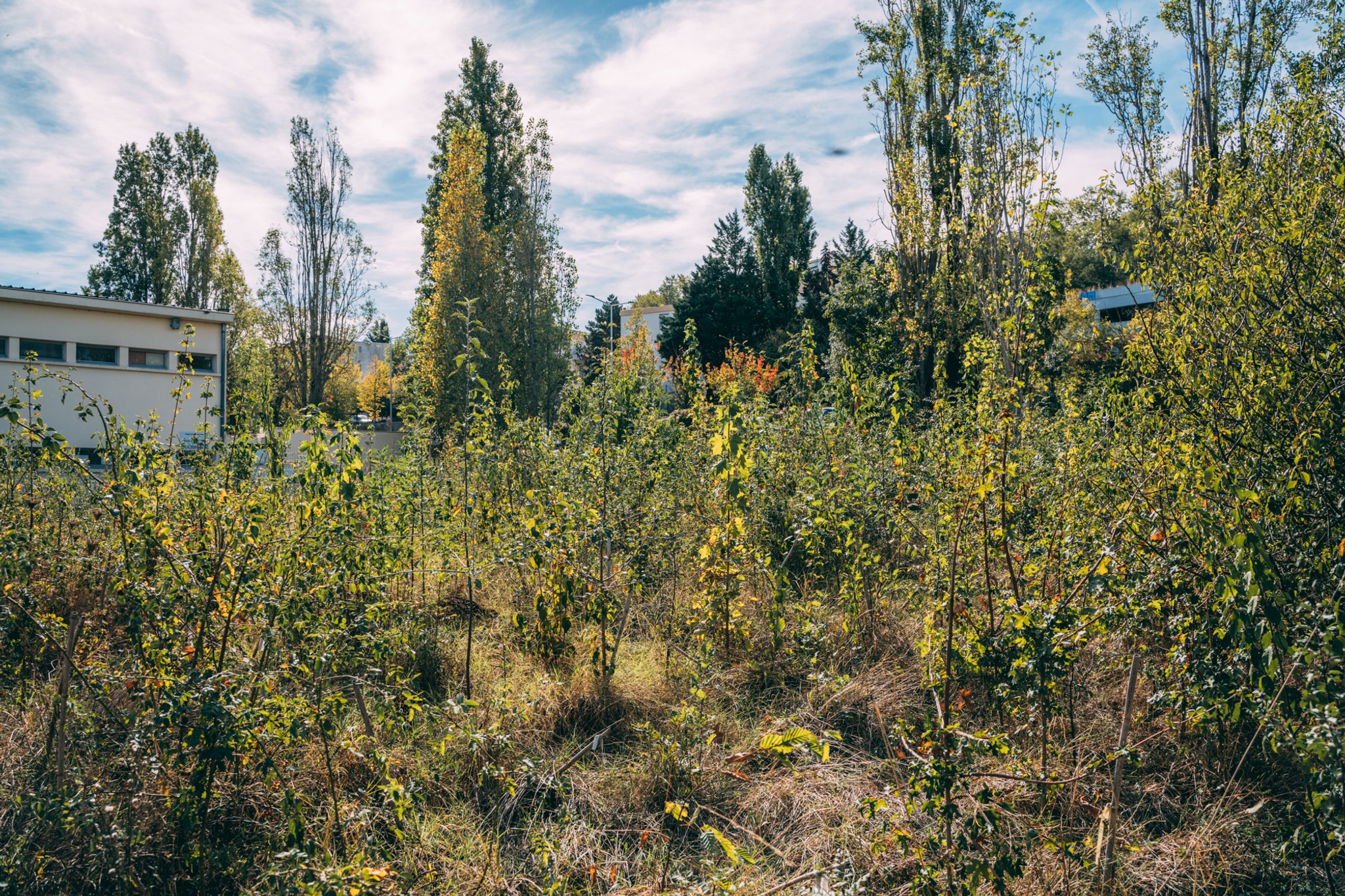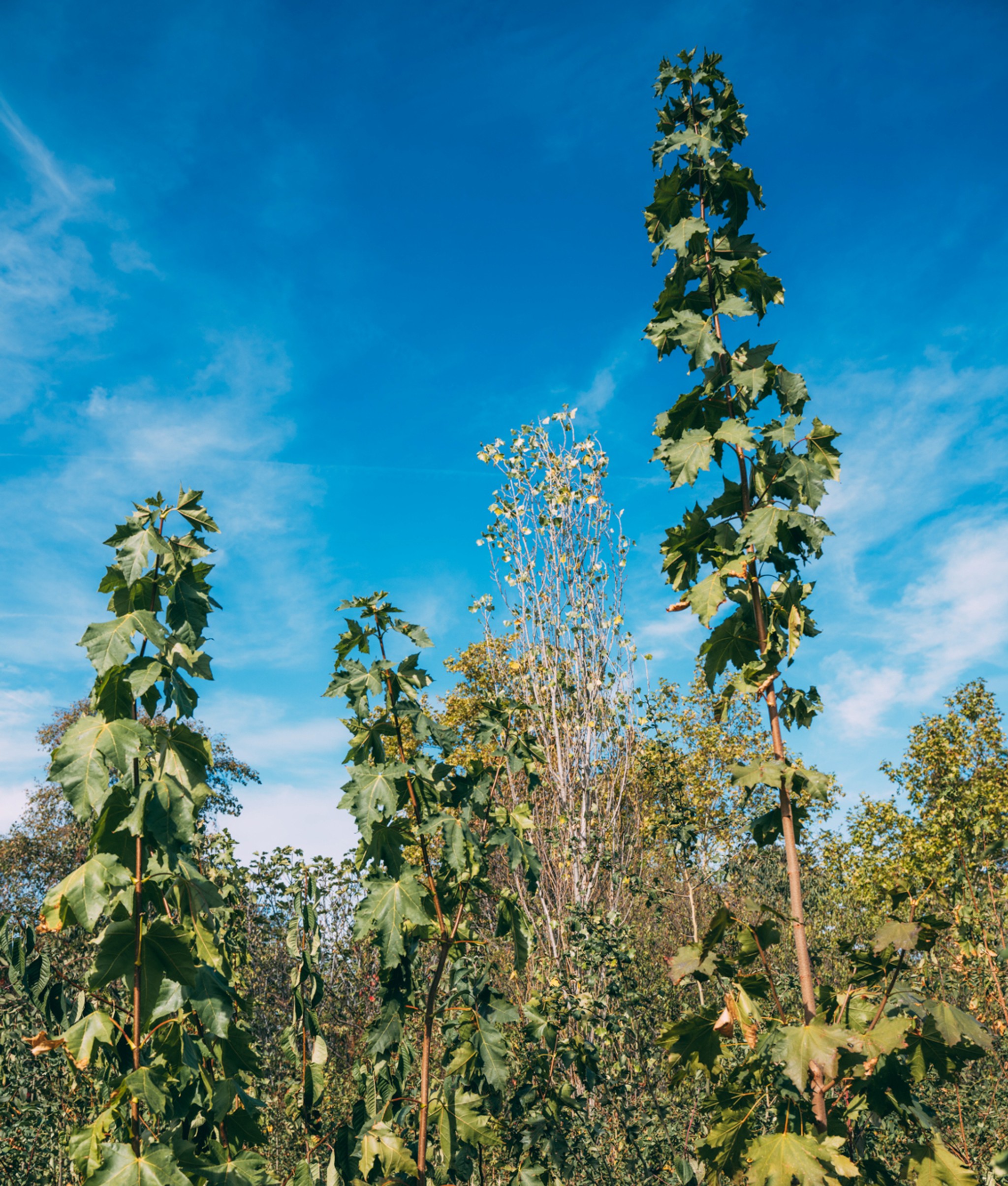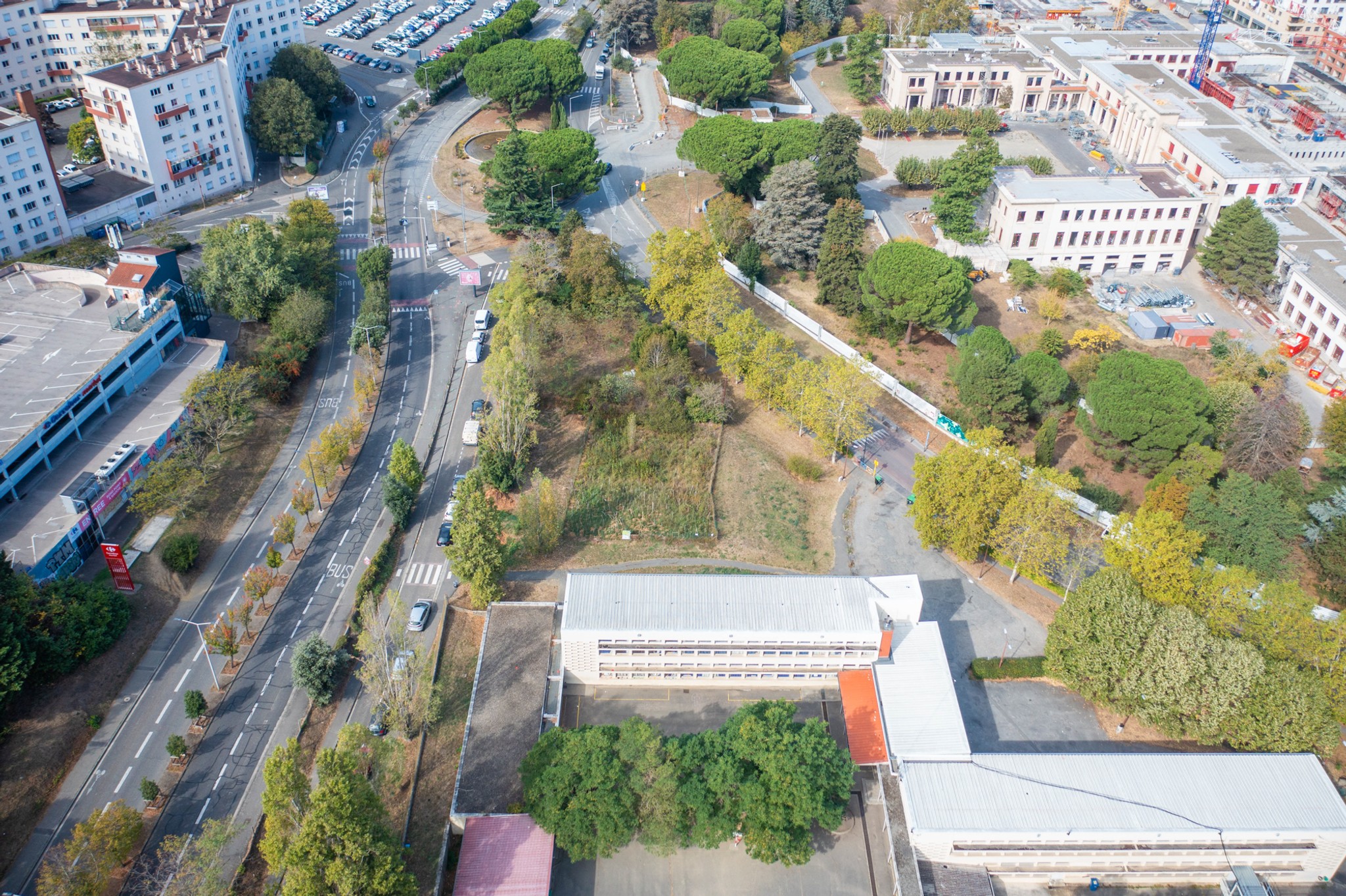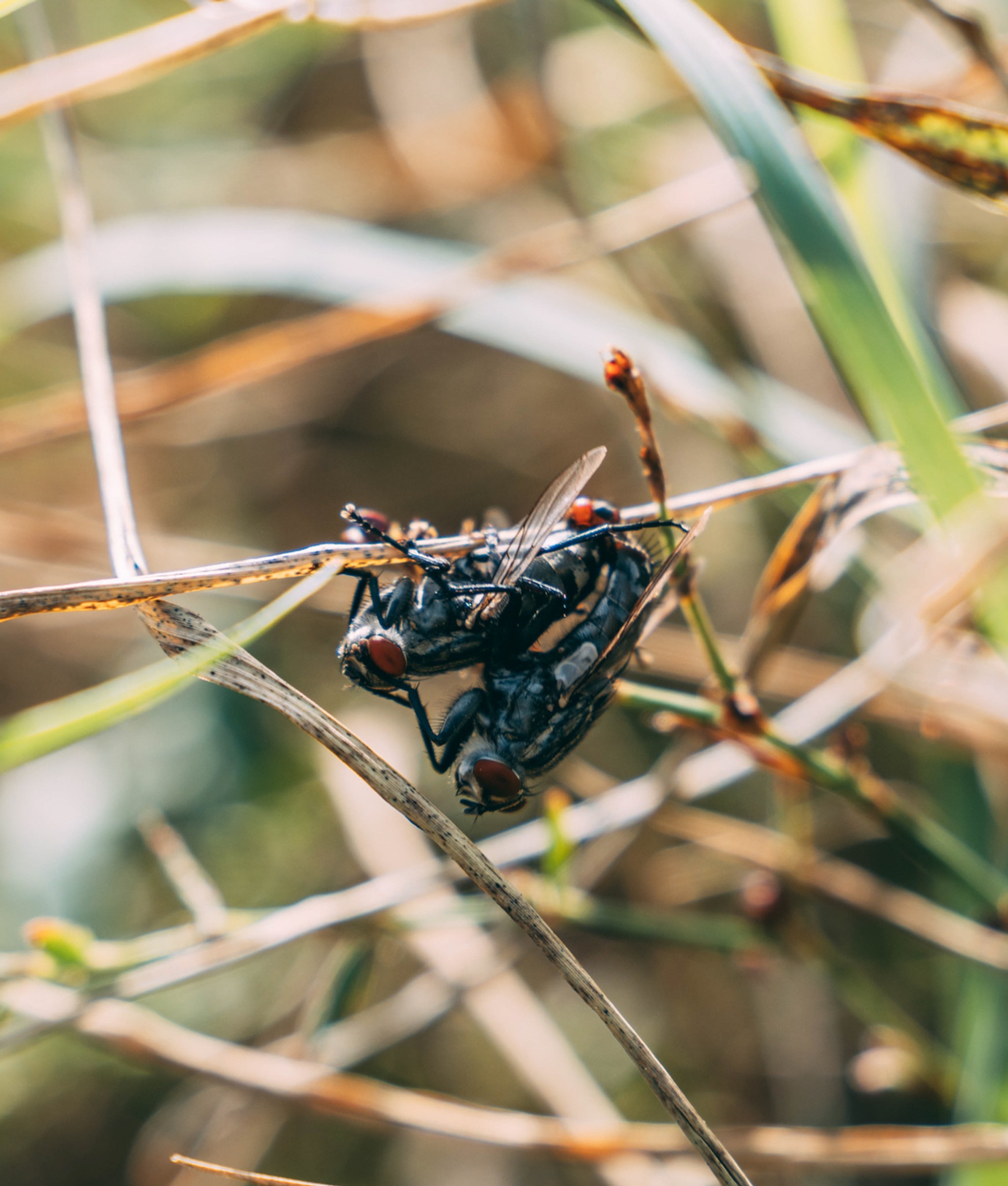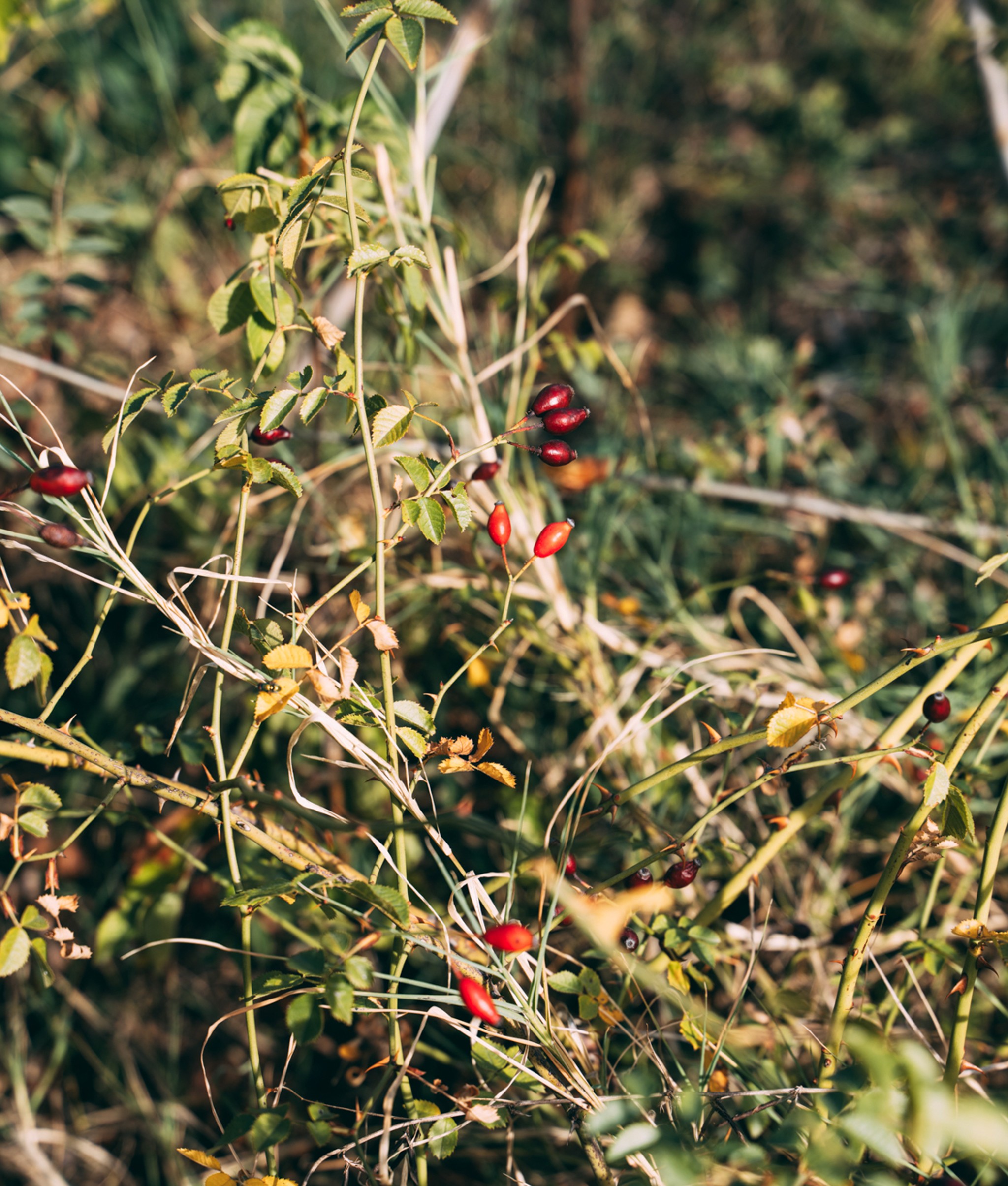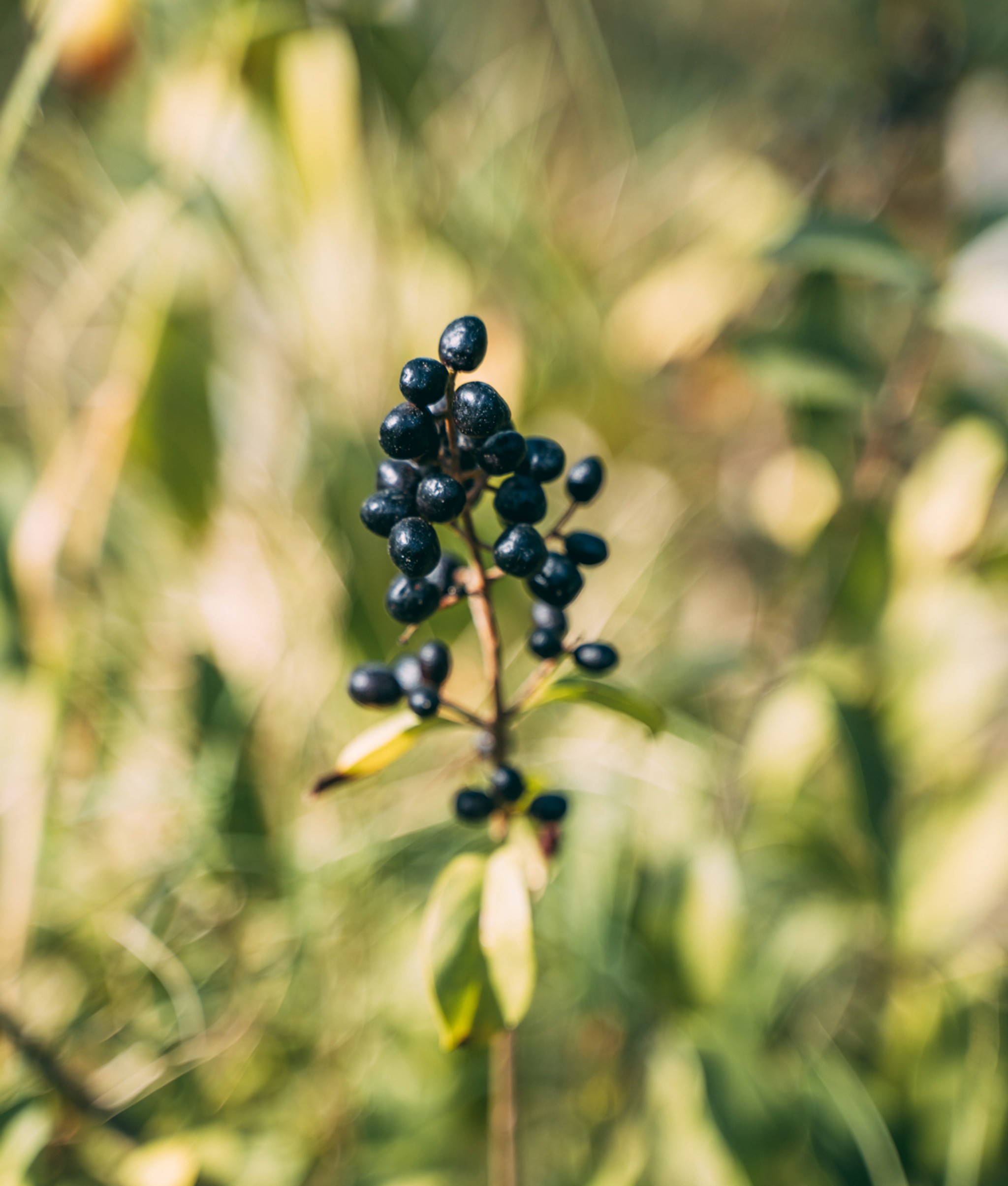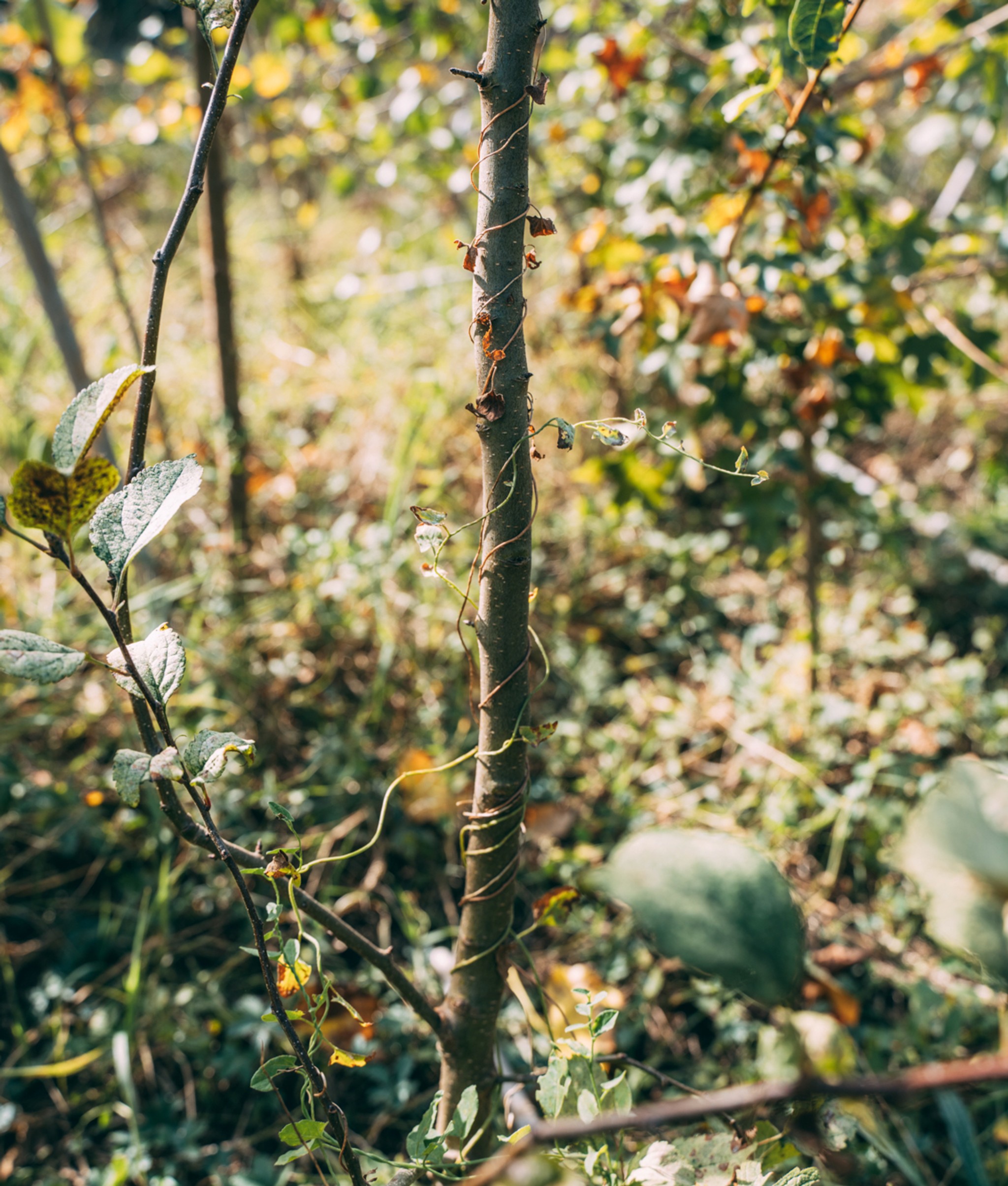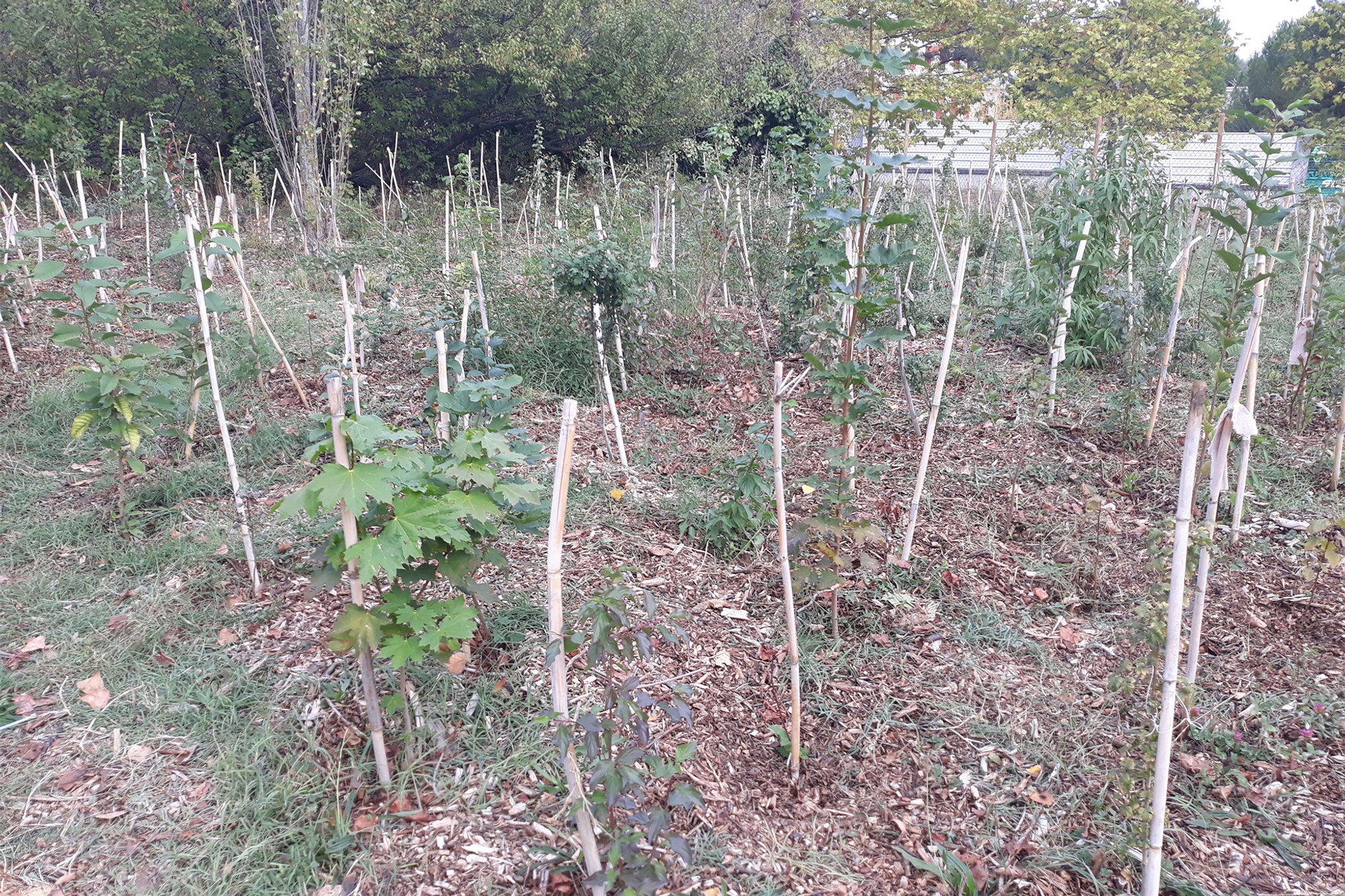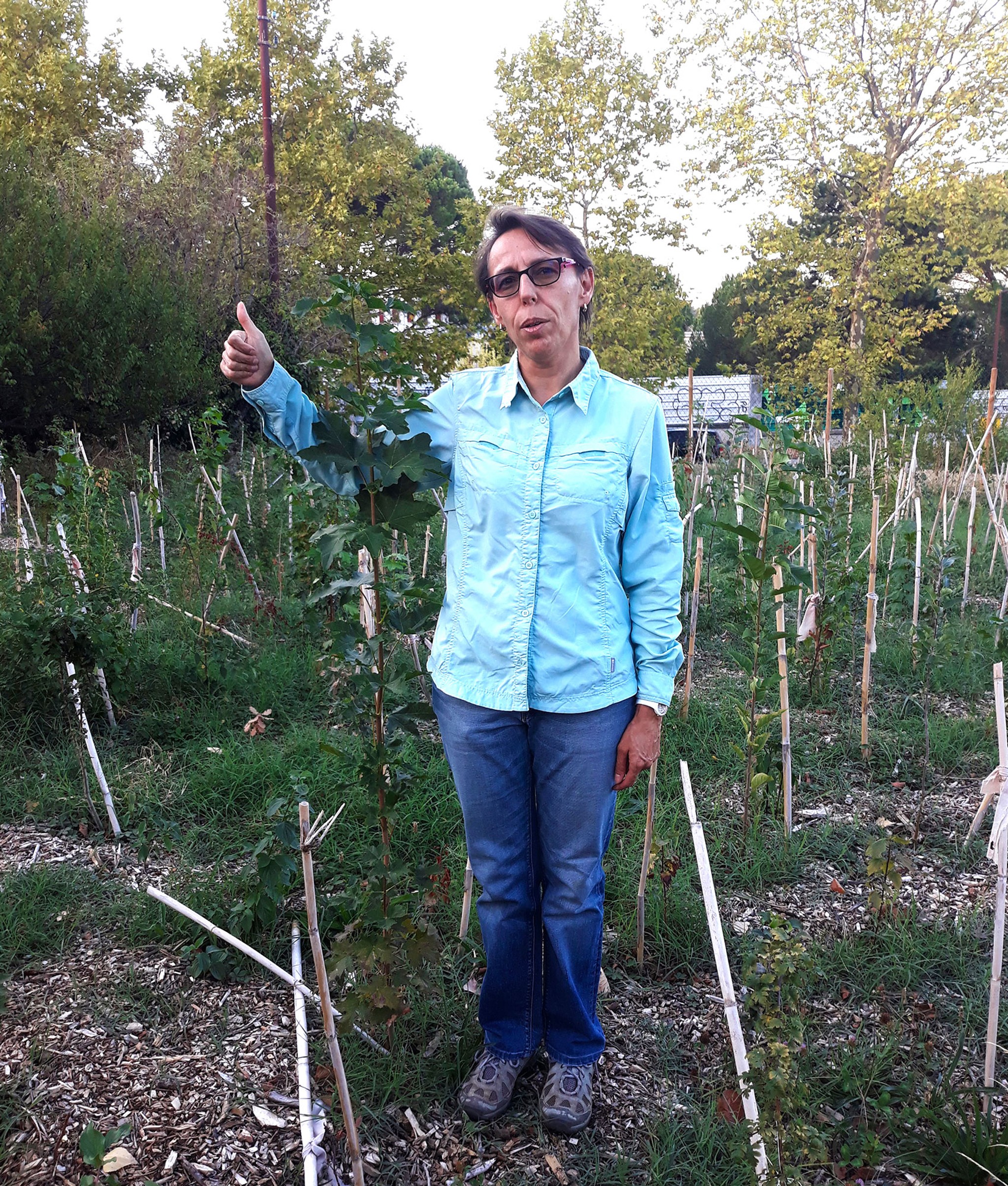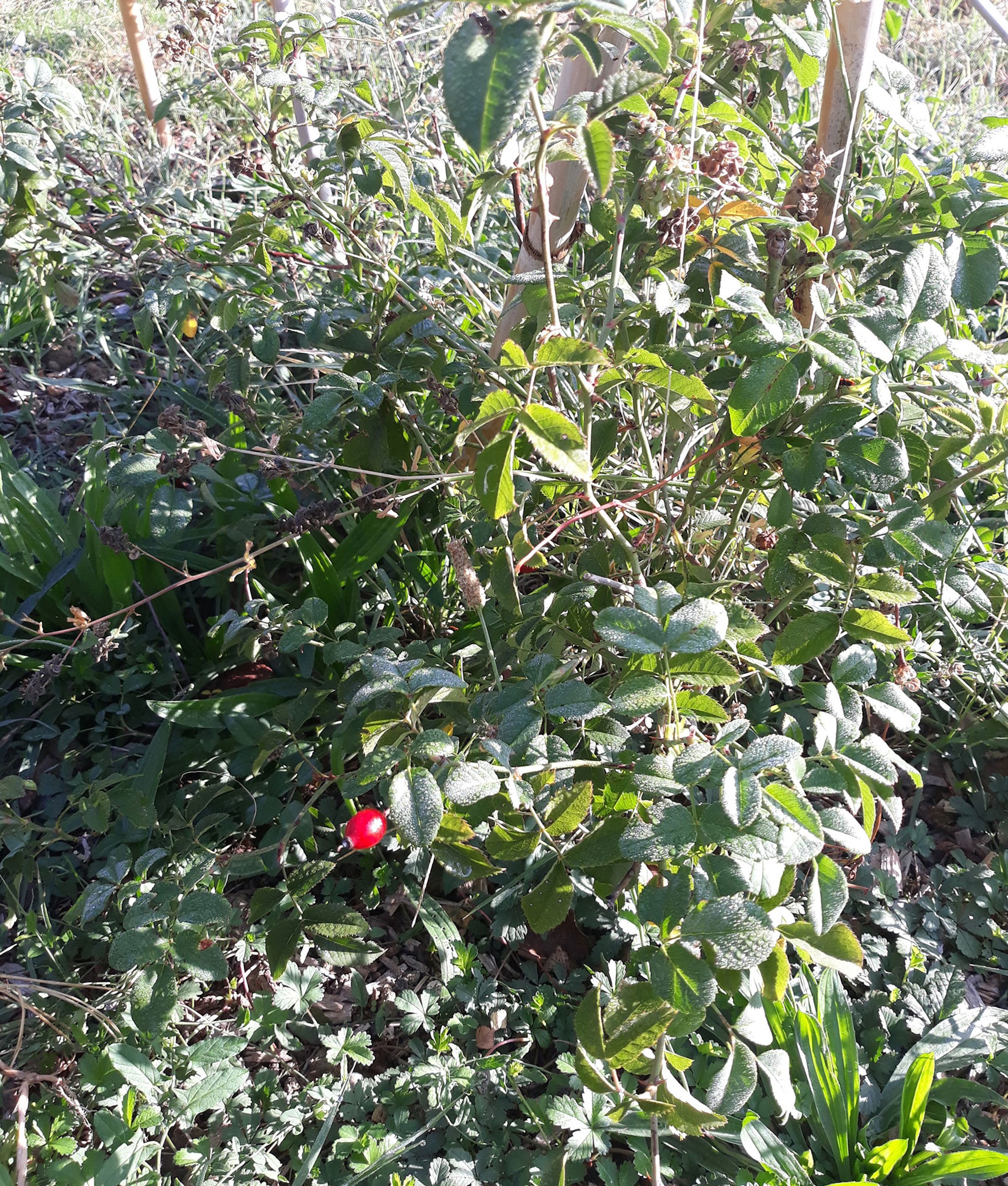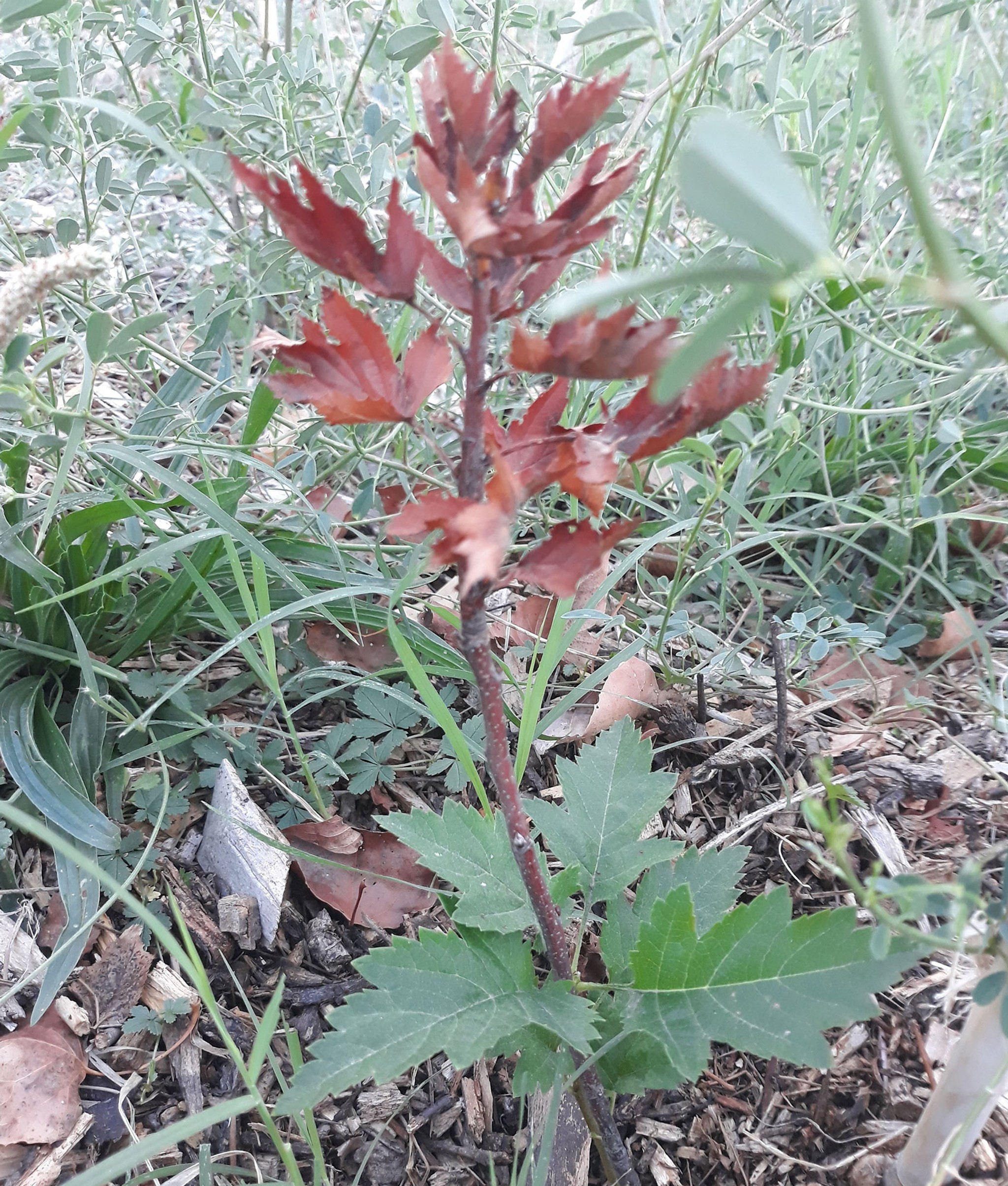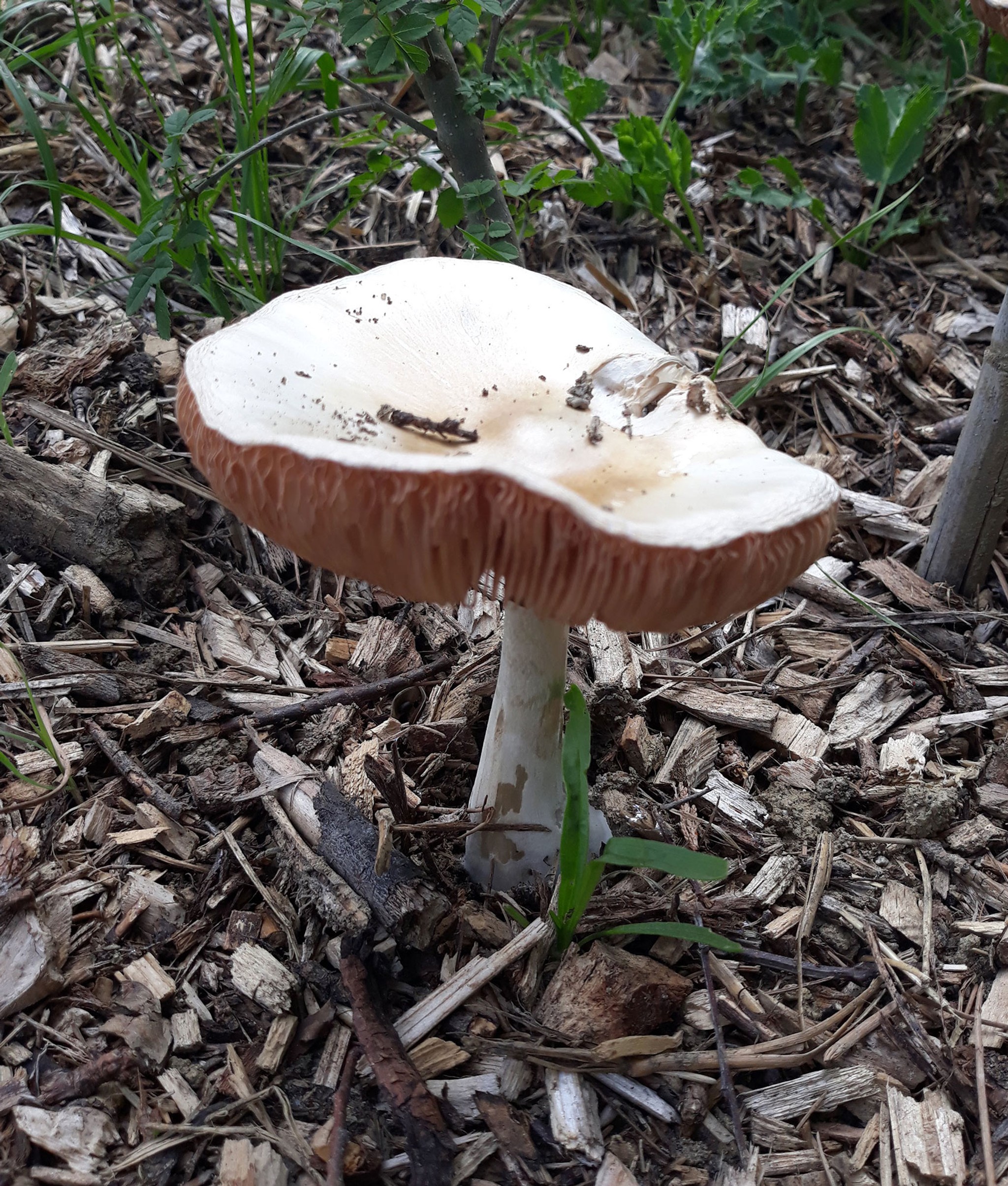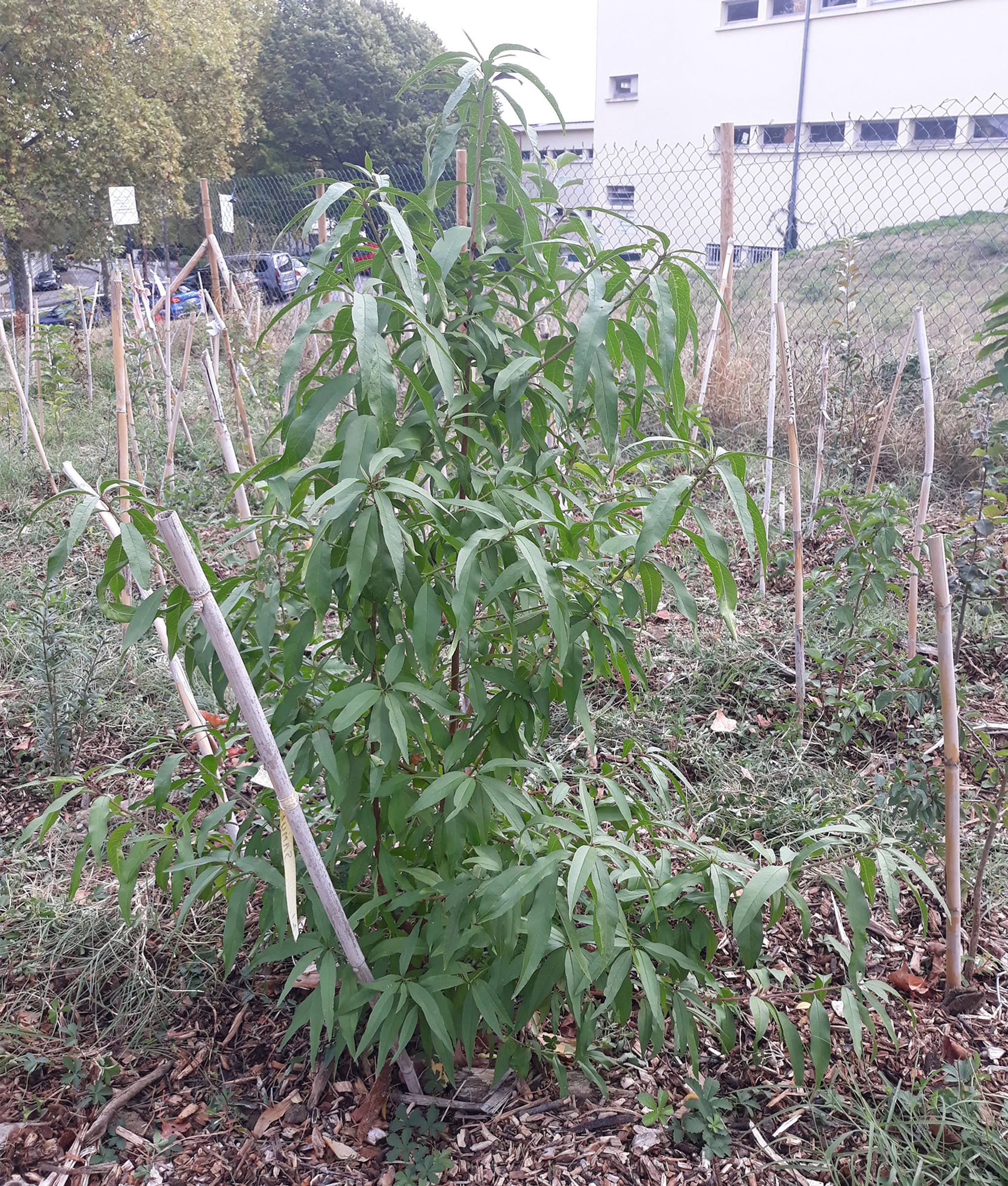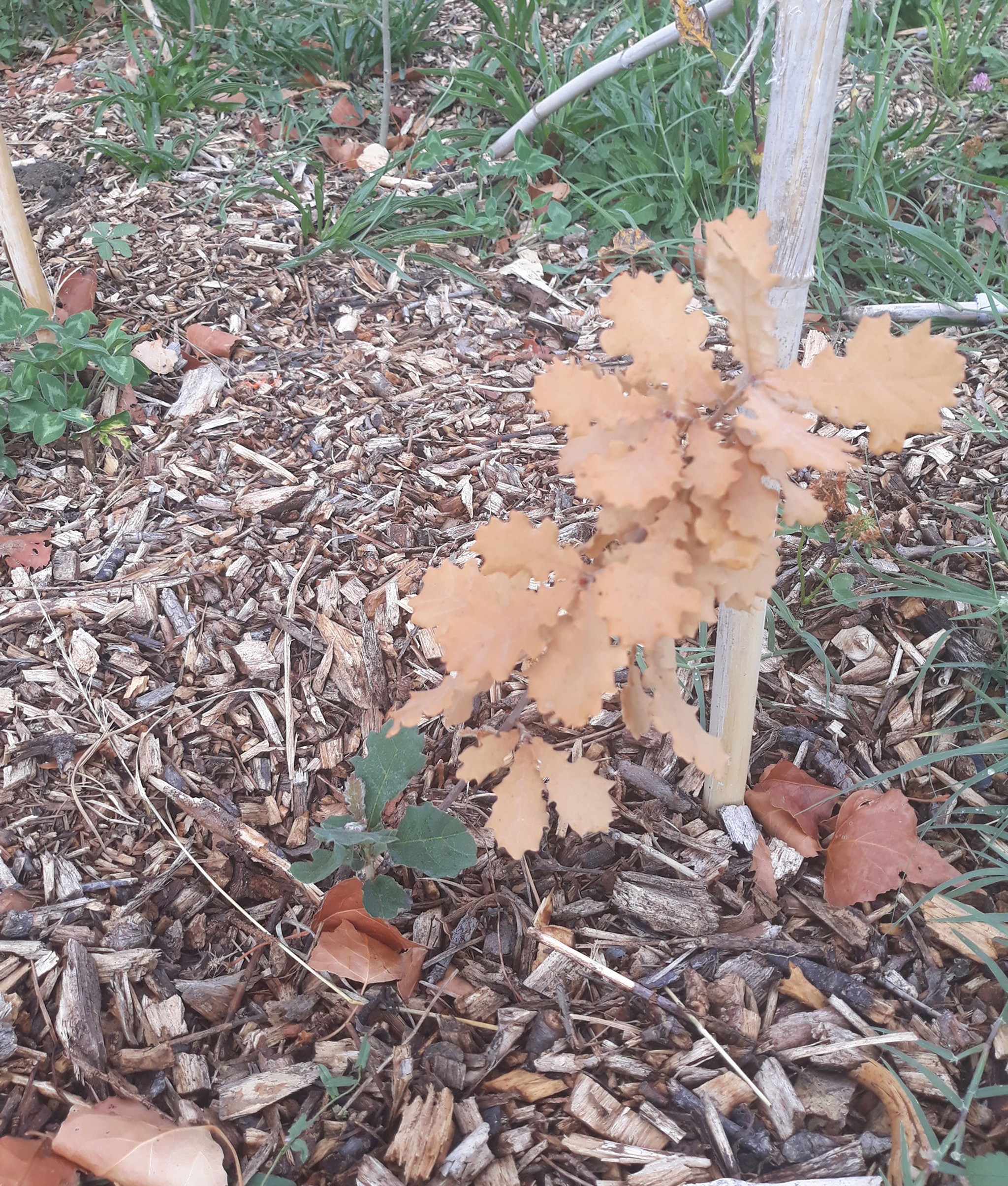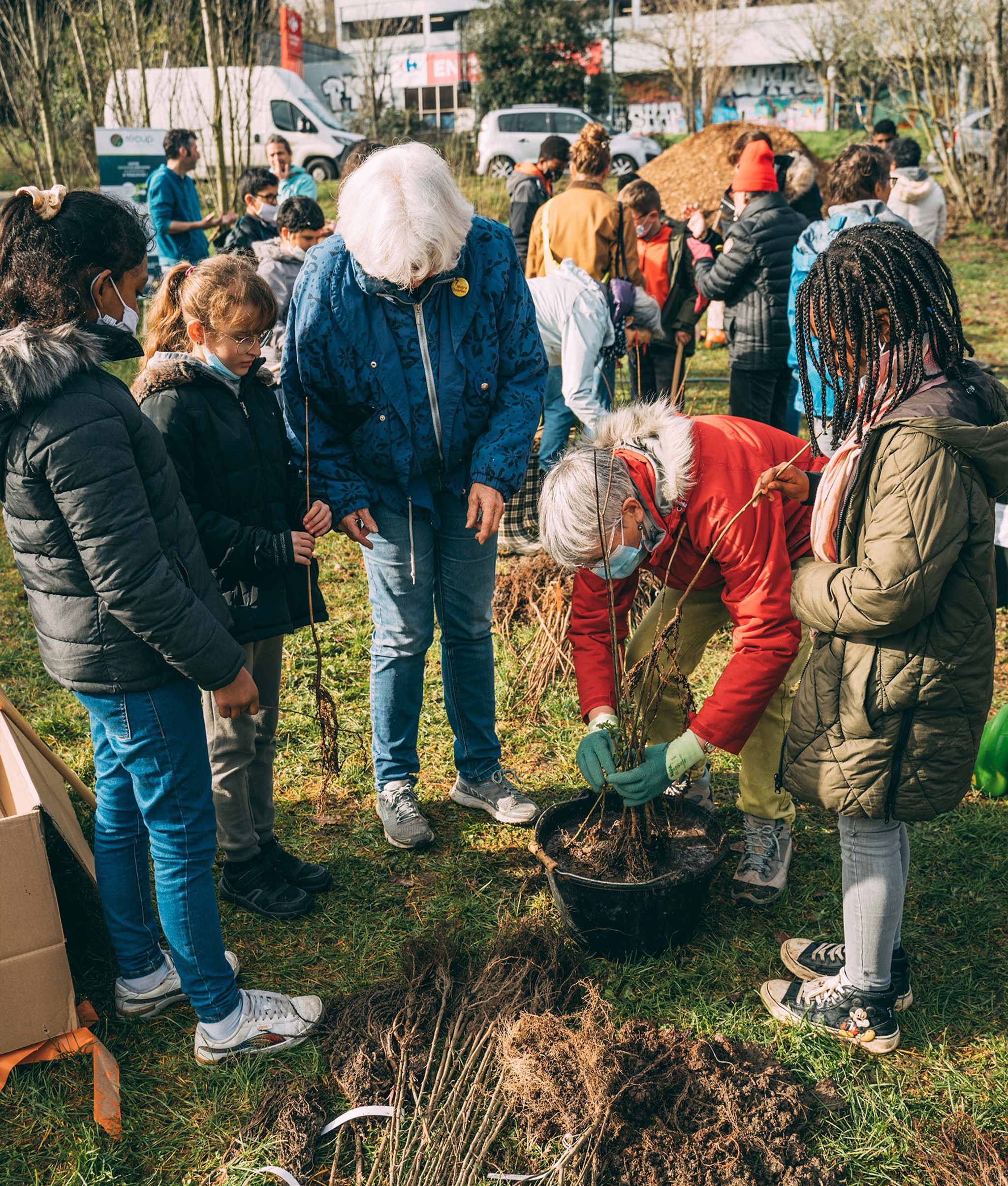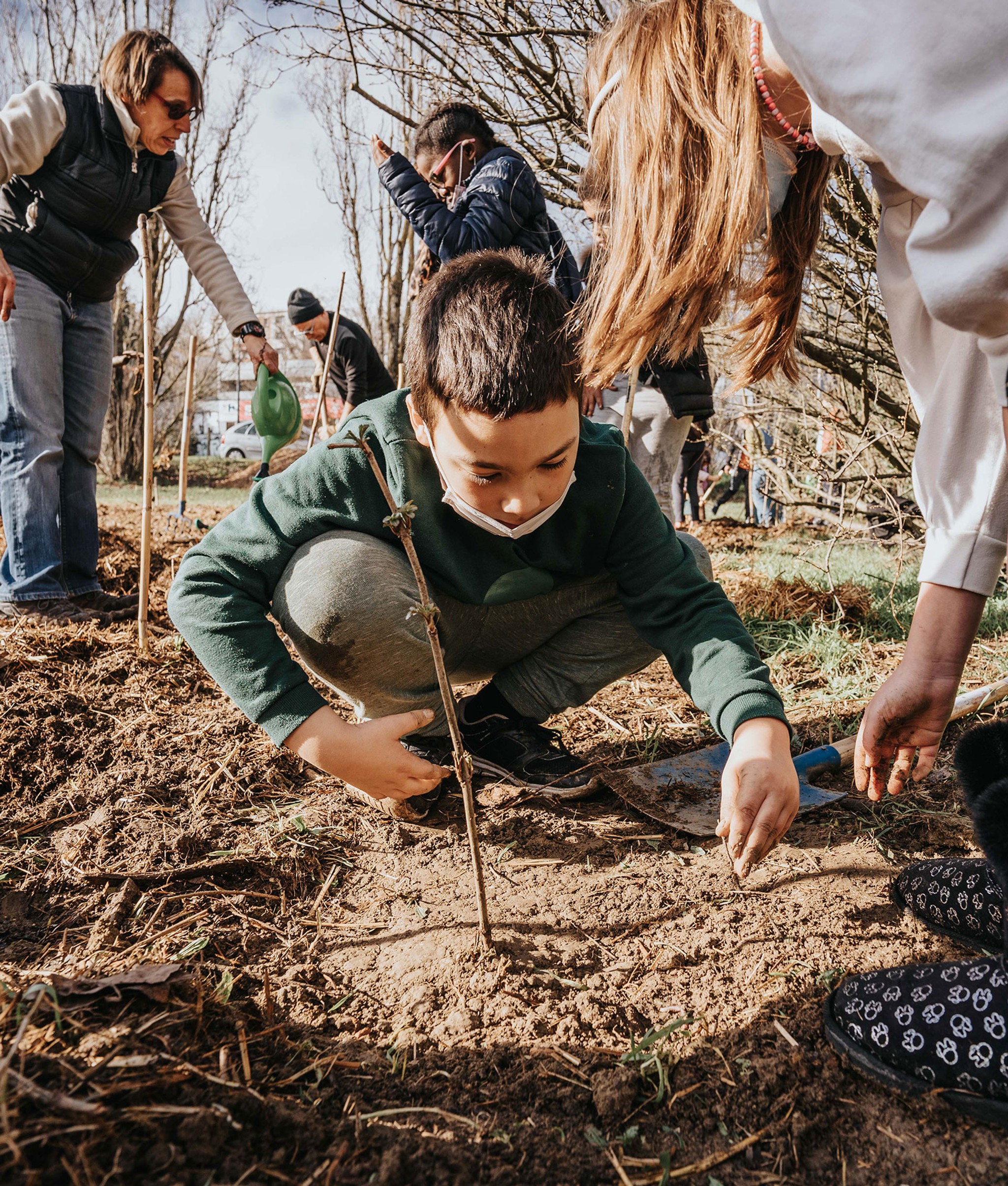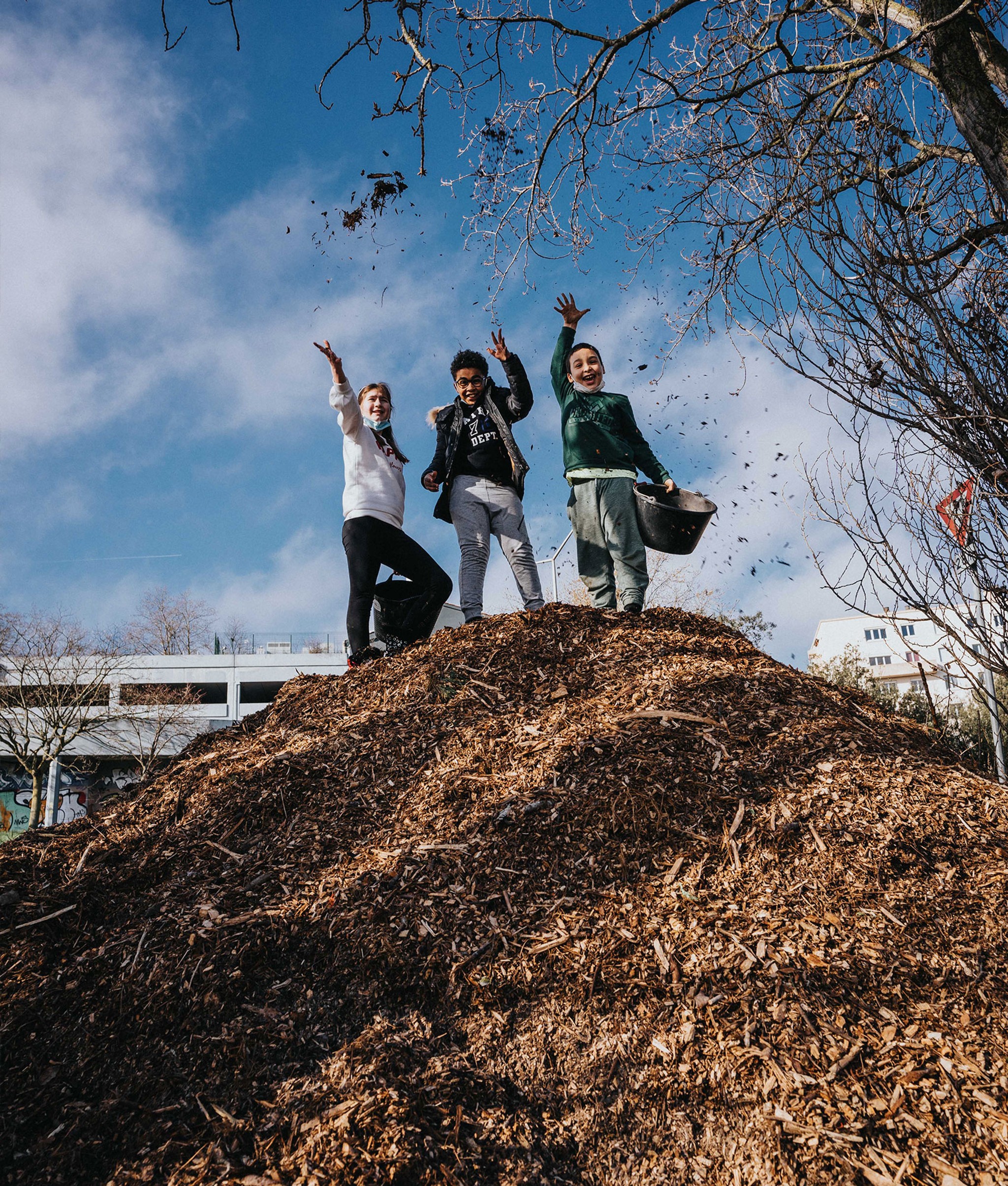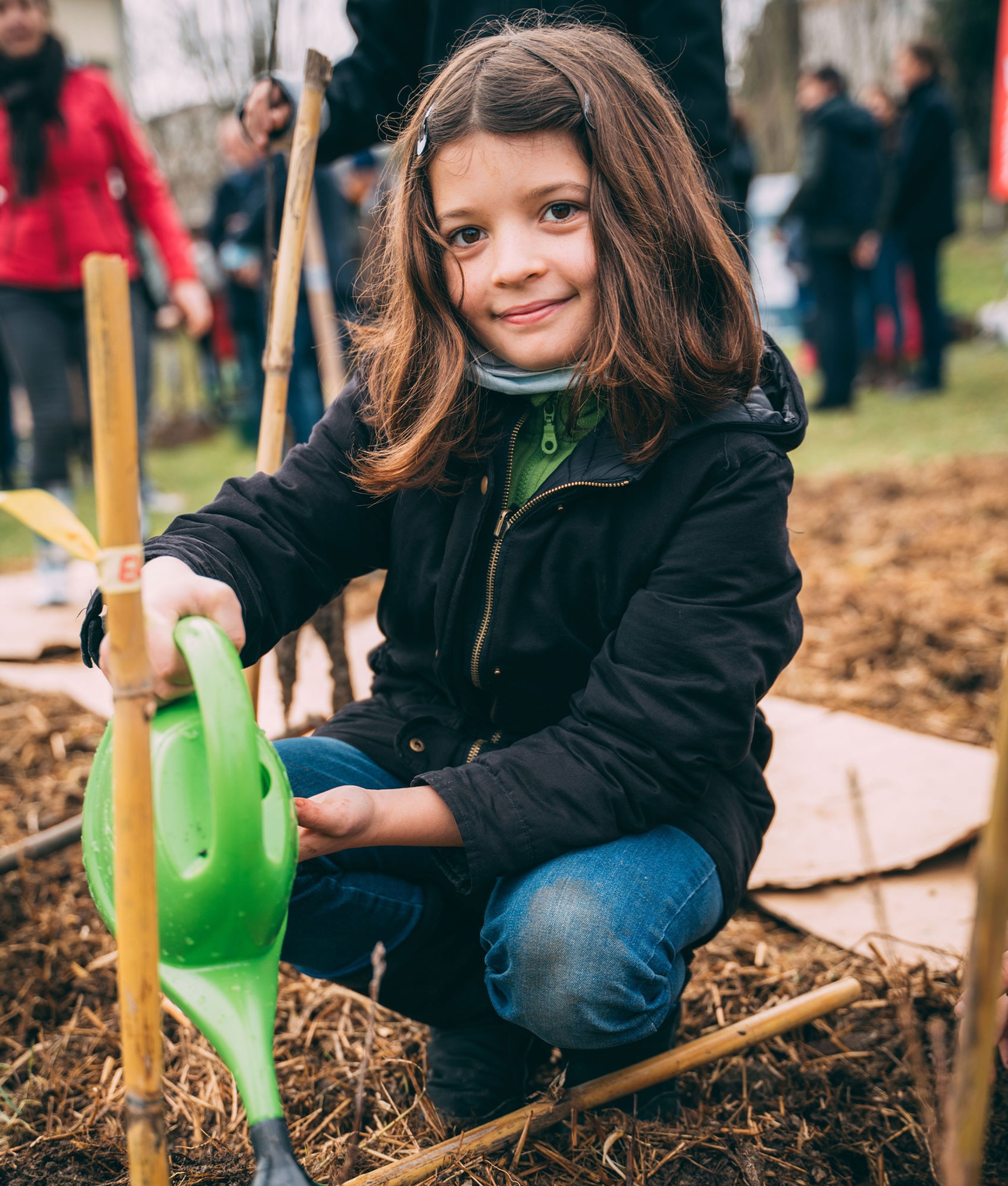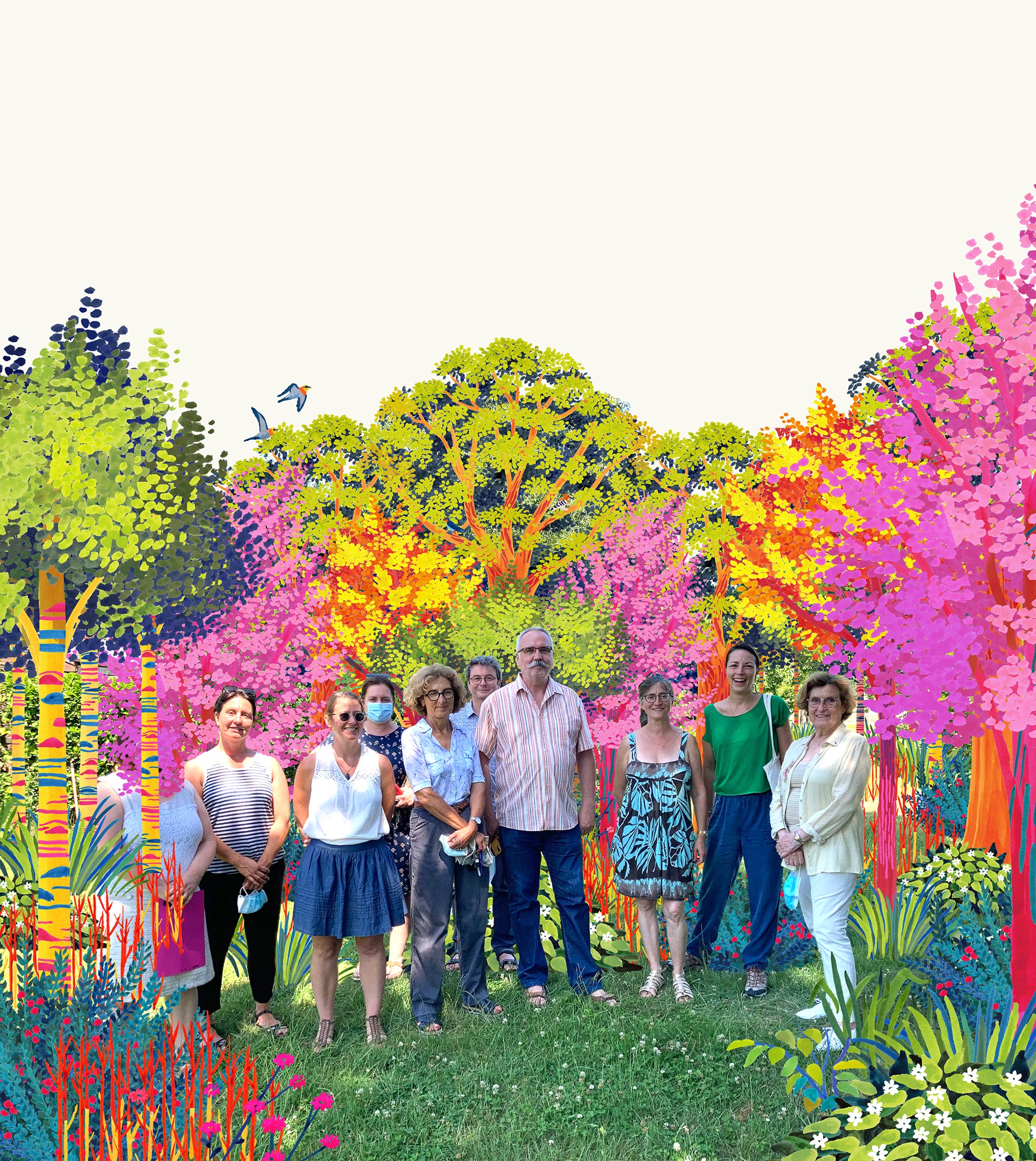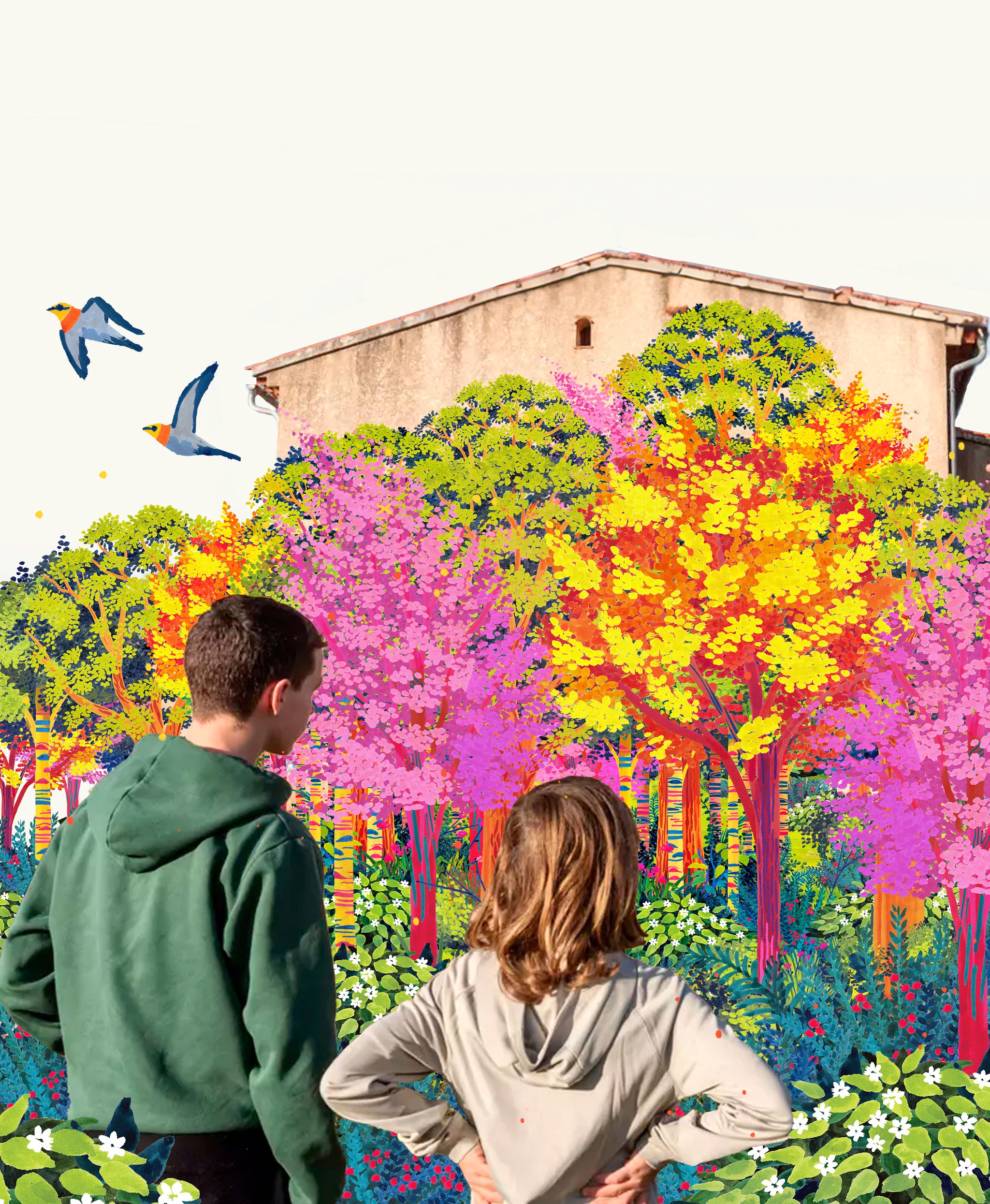Jolimont Primary Forest
A green lung for 'The Pink City'.
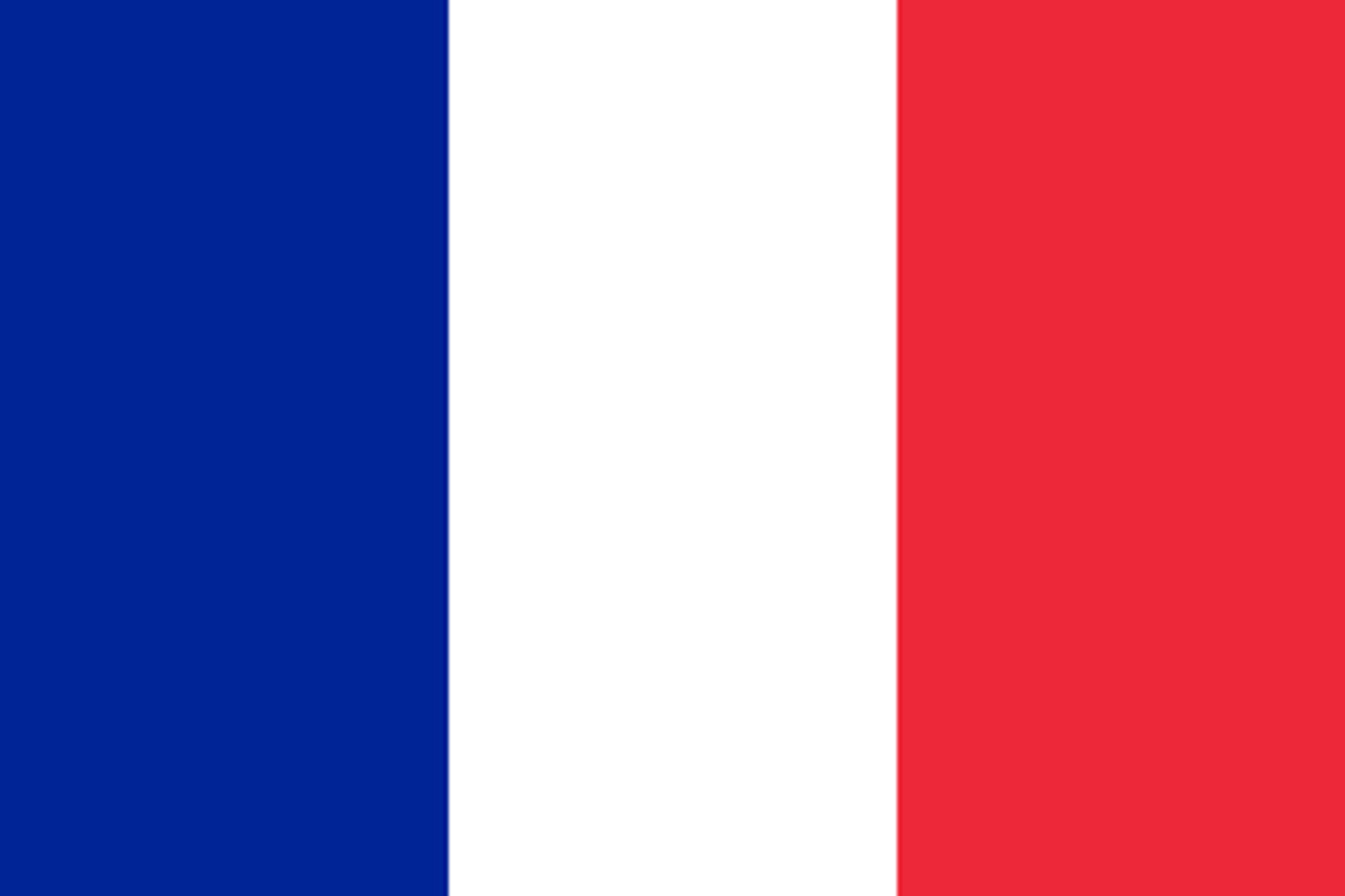
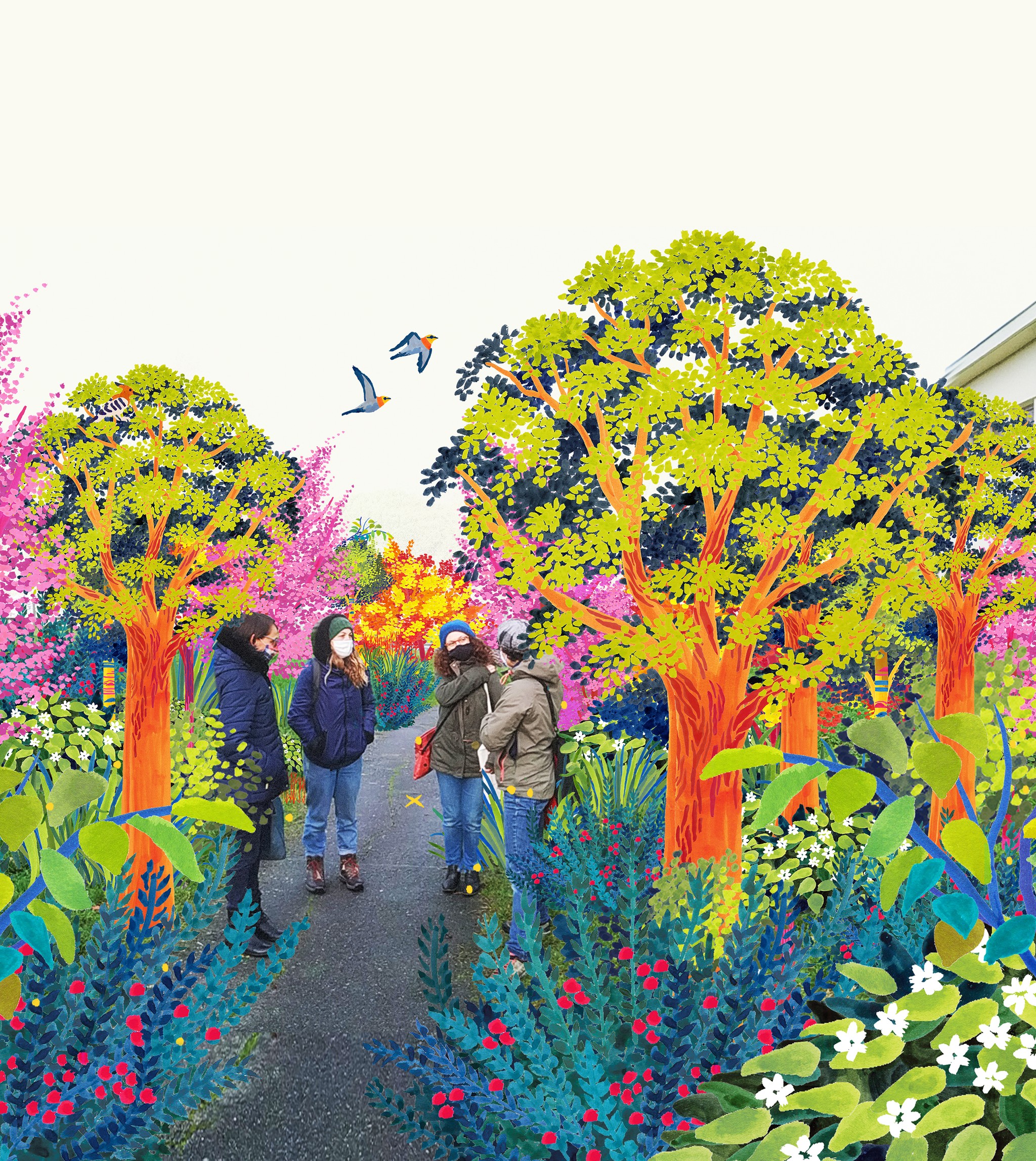
0
Trees
0
Square Meters
0
Native Species
0
Youth Impacted
Jolimont Primary Forest is planted in the heart of Toulouse, the fourth largest city in France and nicknamed 'The Pink City'. With a surface of 400 Sq m, this urban forest is located in front of the entrance to the primary school. It already serves as an important oasis, bringing clean air and supporting biodiversity, along with physical and mental wellbeing, in this increasingly built-up municipality.
The project has involved several local volunteer and community groups working together with the school. The students have also been encouraged to participate in all stages of the project, from planting the trees according to the Miyawaki method, to watching and tracking their growth year after year.
SUGi is delighted to have given this land back to nature, making a contribution to the overall aim of re-greening this ‘Pink City’ and encouraging the city community to reconnect both physically and spiritually with nature.
Forest Maker
Micro-forêts Toulouse


“Let's sow, plant without fear, there are no bad seeds. All plants contribute to the fight against global warming!”
Elisabeth Guillabert, Lead Project Volunteer
Forest Report: 2024
0 Years
Forest Age
0%
Survival Rate
0m
Average of Tallest 3 Trees
This forest was planted in two phases - in January 2023, and in June 2022. While the trees initially grew at different paces due to a drought in July of 2022 and heavy rains in June of 2023, the growth is now overall uniform, with trees planted in either phase having similar heights.
Biodiversity Notes:
Forest Report: 2023
0 Months
Forest Age
0%
Survival Rate
0m
Average of Tallest 3 Trees
The second plantation, planted one year after the first, didn't suffer from drought during the first 6 months and benefited from the first plantation, so it grew quickly. Some elders and maples are already 2 meters high and Ash monophyllous and cherry wood are 1.50 meters high. The drought of later August and September tempered this growth and even dried some trees of this second plantation, whereas the first plantation resisted better. Moreover, the common enemy is the bindweed which we tried to deter. The ambrosia invaded this second part and not the high grass as in the first part.
Biodiversity Notes:
Forest Report: 2022
0 Months
Forest Age
0%
Survival Rate
0m
Average of Tallest 3 Trees
Jolimont Primary Forest is yet another example of the resilience of the Miyawaki method, specifically in the case of drought. The forest certainly suffered due to the heat of summer 2022 but overall, it held up very well and survival rate is excellent. The forest benefited from 4 hours of watering on July 7 and July 26 from a water tank, then 2 hours of watering on August 8 just before the watering ban. In mid-August, around thirty dry trees were counted, and by the end of September, after one or two showers, a few dry trees were growing back from the base. The Norwegian maple (Acer platanoides) is the tallest species currently.
Mushrooms have been observed in the forest - mushrooms are the fruit of underground fungal hyphae forming and a sign of important initial fungal colonisation in the soil.
This pocket forest is a real joy within the school community and for local people. The school pupils who planted these trees proudly show off their work to their families, whilst local residents are also increasingly coming to take a look at the forest. It is becoming a real community hub.
Biodiversity Notes:
Planting: February 2022
